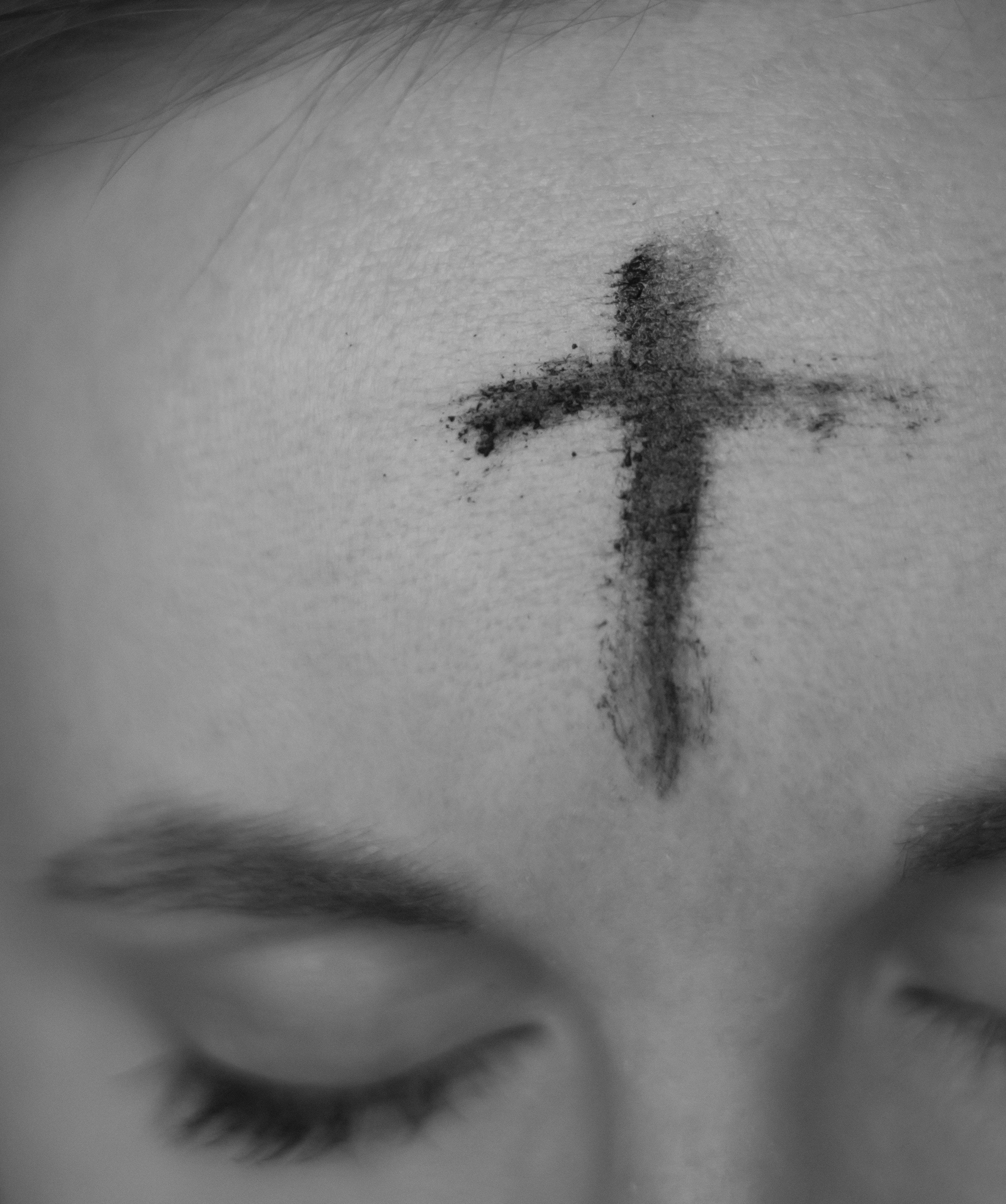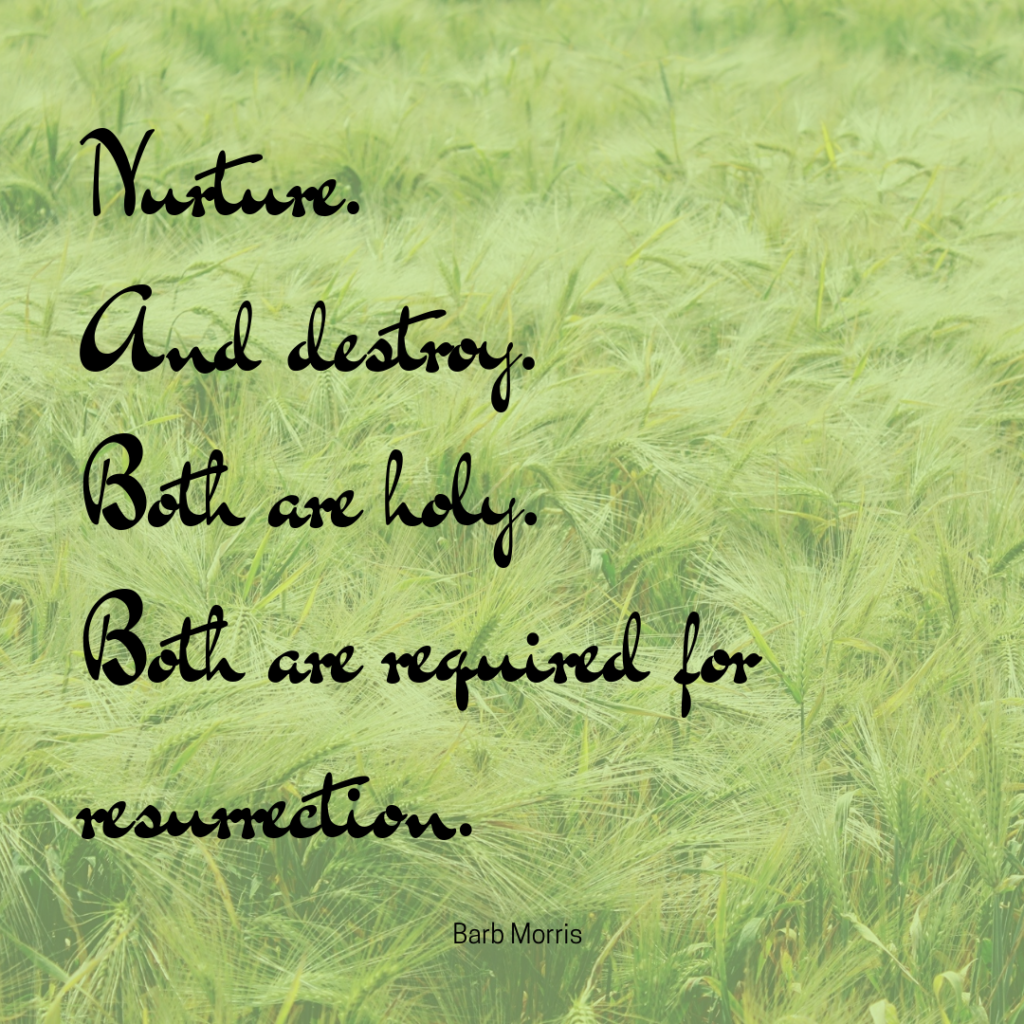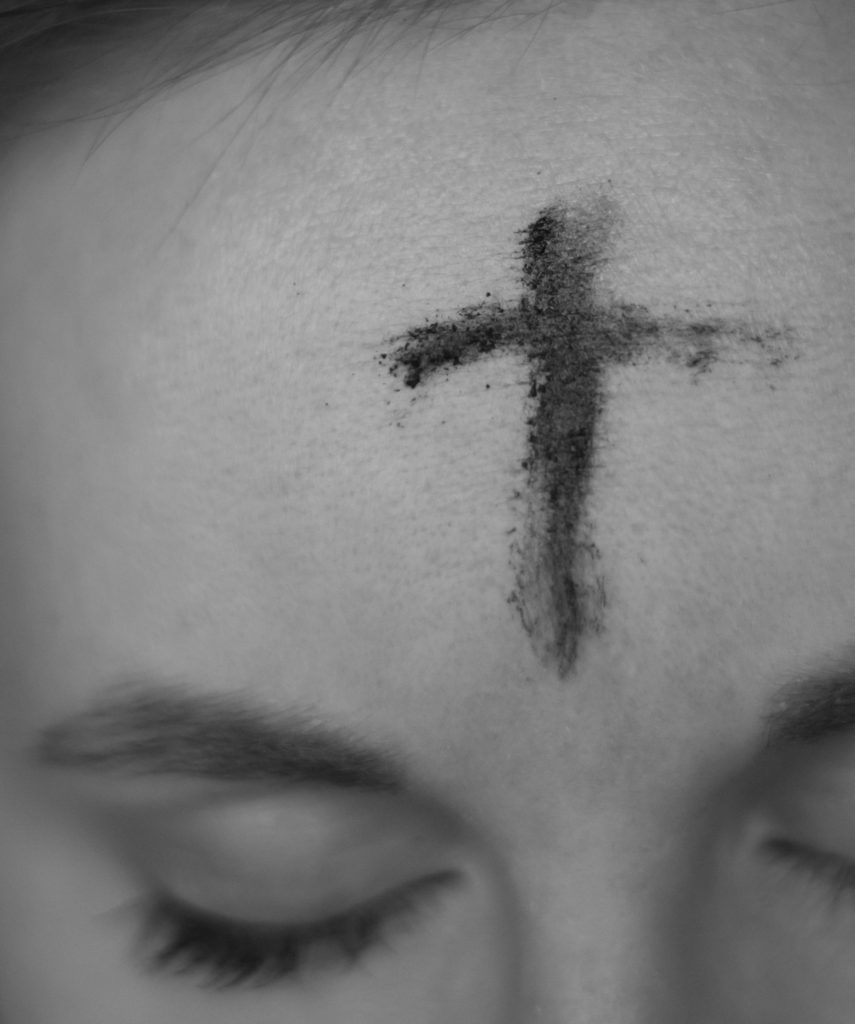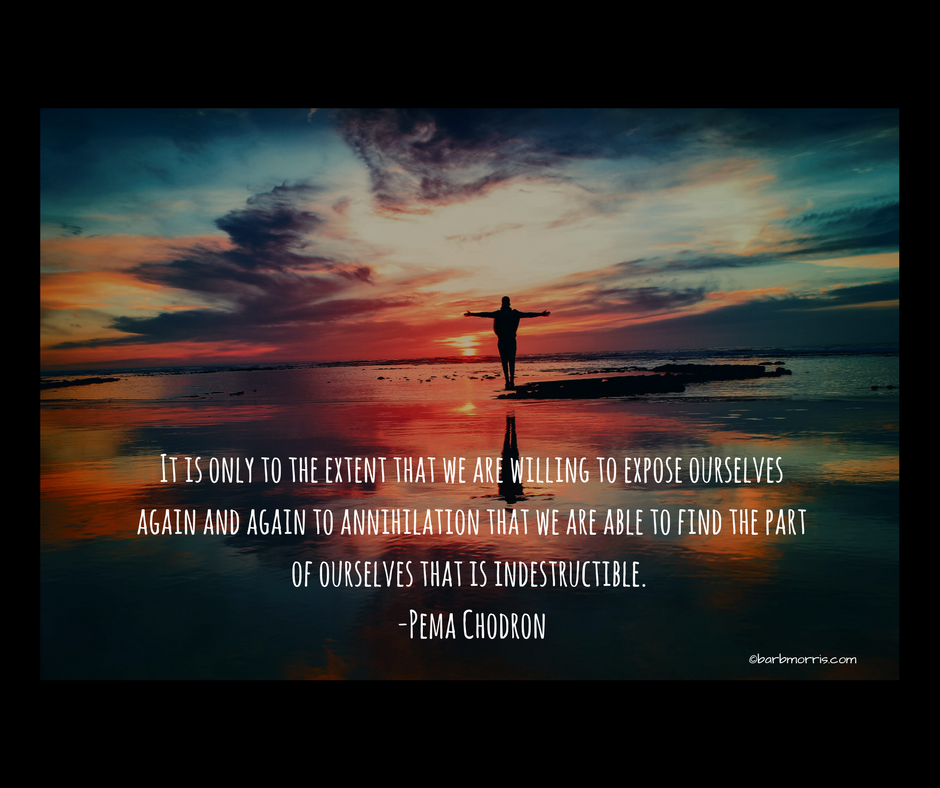 Dear Daughter,
Dear Daughter,
On Ash Wednesday, if you’re in church, the minister will invite you to the observance of a “holy Lent” and mark your forehead with the ashes of repentance.
Let me be very clear about this at the outset: I love you so much. I delight in you. I cherish you. For ever.
Here are a few more things I want you to comprehend. Despite what you’ve been taught, “holy” does not mean pure and unearthly. “Sin” does not mean breaking my rules and making me mad. “Penitence” does not mean listing and wallowing in all the ways you’re wrong and bad. Repentance does not mean promising to do better to stay out of trouble.
Please think about these words a new way, on Ash Wednesday and every other day going forward.
What if you only sin when you refuse healing and cling to brokenness? When you use those sharp broken edges to hurt yourself and others?
What if holiness is when you choose to be whole, even though you’re terrified? When you embrace and enfold those pieces of yourself you’ve lopped off to fit into others’ molds?
What if penitence is when you see yourself clearly, and know, speak, and live from your heart?
What if “repentance” is re-membering your true self in all her messy glory?
What if, this Lent, instead of focusing on the ways you’re not good enough and the ways you fall short, you commit to your own healing?
I was there at the Big Bang, enlivening every particle, atom and molecule. You are made of me, and through me you are connected to everything and everyone. I am everywhere. You swim in me and I in you.
This means, my dear, when you let yourself be healed, your healing heals the world. And when you cling to your brokenness, the world stays a little more broken than it needs to be. Your healing is important and necessary. You think your healing is selfish. That’s incorrect. Your healing is crucial. I’m using that word deliberately, sweetheart. Your healing IS the crux – where you and I come together.
This Lent, the only fasts I want from you are these: Fast from distractions that allow you to stay wounded and broken. Fast from believing you’re not good enough. Fast from making yourself small, and nice, and silent. Fast from all judgment, especially of yourself.
This Lent, make space for me to flow into you and through you.
Befriend your fear, your anger, and your sadness. They are a deep source of nourishment and strength.
Let your love go free.
Let your joy be unconfined.
Sweetheart, healing isn’t complicated, and it’s always available. All you have to do is tap into it, like a maple tree in springtime or an aquifer of living water. You know this. But it’s so easy to forget, isn’t it? All you have to do is let me clear out the dams and the trash, the resentments and identities and old, too-small skins, that keep you stuck and stagnant. Relax your heart armor just a little. And then allow yourself to flow, child. That’s all you have to do. I’ll do the rest.
This Ash Wednesday, let those ashes symbolize our unending connection, a connection so easy to forget and so simple to strengthen. When the priest wipes those gritty ashes on your forehead and says, “Remember that you are dust, and to dust you shall return,” celebrate your elemental oneness with this dear, dirty earth and with me. I am in those ashes, in the dust, in the stars, and in you.
Girl, I need you! You’re the only you I created. So, please, let yourself be the creation I made you to be. You don’t need someone outside yourself telling you how to live. Trust yourself. Trust your heart. Trust me. I’ve got you.
All my Love,
God
Ash Wednesday, 2020 update: This post was first published on Ash Wednesday of 2019, and it’s received over 60,000 views. I closed comments in 2019 because, although most comments were positive, some comments labeled those who found solace in this post as foolish, unchristian, ungodly heretics. I’m reopening comments for 2020 and will delete any comments which denigrate others. Use the contact form to email me directly. ~Barb
Photo credit: Ahna Ziegler on Unsplash



 Dear Daughter,
Dear Daughter,